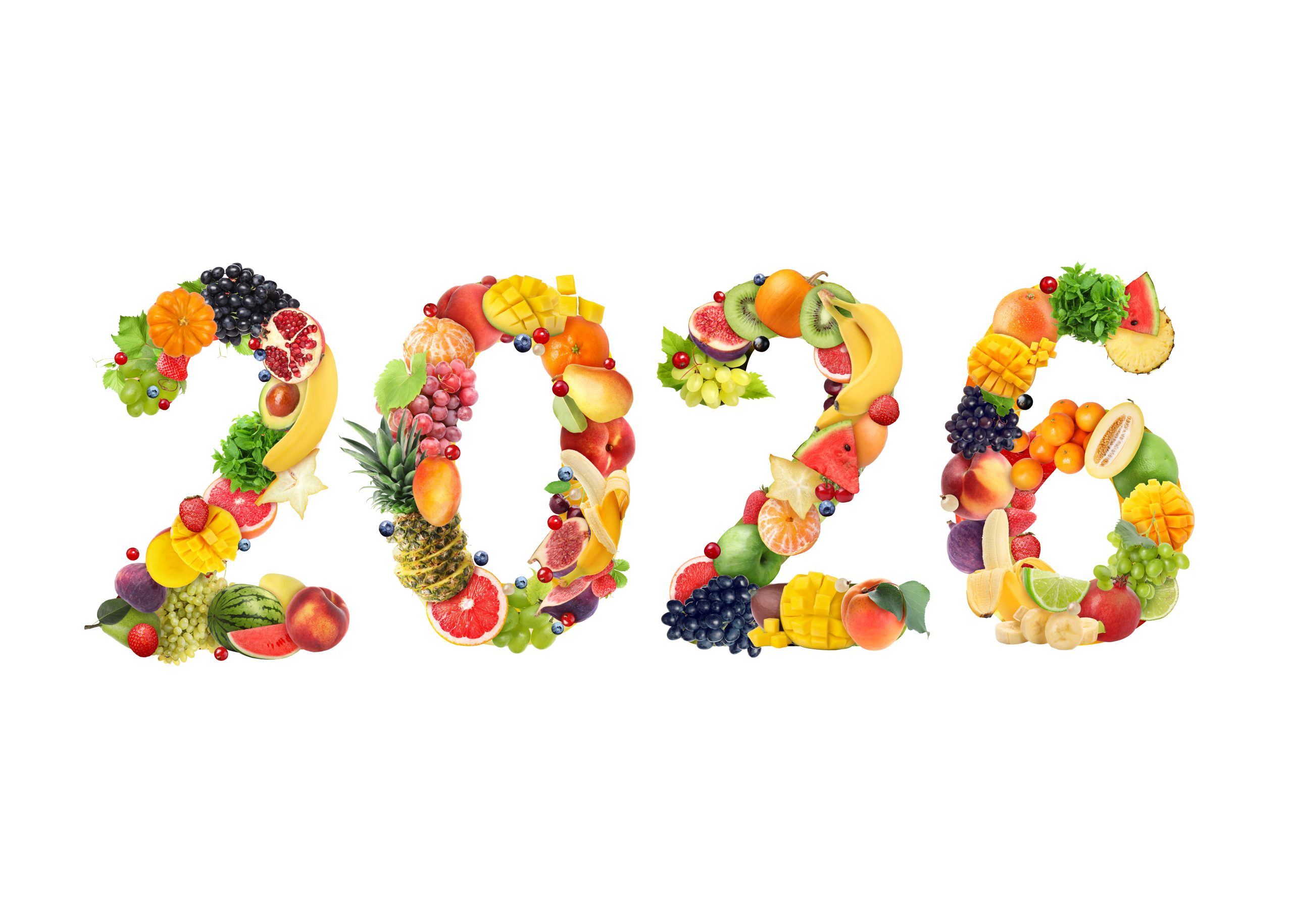Originally published in the February issue of JNEB.
I realize that all of JNEB’s readership knows that February is National Heart Health month. Most of us have taught pro- grams on lower saturated fat, lower sodium, or higher fruit and vegetable eating patterns. In 2015, JNEB published a systematic review and meta-analysis on the effects of the Mediterranean Diet on hypertension, reporting that a positive, significant effect was found between the Mediterranean Diet and blood pressure although the effect was small.1 At that time only 6 trials were available. Hopefully our next review will include a larger number of trials and the outcomes will be more robust.
In this issue, Watowicz et al2 describe the effects of counseling on the Dietary Approaches to Stop Hyper- tension (DASH) diet, which was provided in a grocery store setting. After 3 sessions with the dietitian, statistically significant improvements in diet were found. In addition to the diet-related components, I was interested to see a Compliance to High Blood Pressure Therapy Scale.3 I know that medication adherence is always an issue, regardless of the chronic disease, but I had not realized there was a questionnaire for hypertension medication. A nice pearl to tuck away. In a previous issue, JNEB had published an article that examined the quality of mobile apps for DASH.4 One paid and 3 free apps were evaluated. Only the paid app scored highly when evaluated using the App Quality Evaluation tool, which is available to use. Access can be found on the SNEB site blogs.
Also in this issue is the process evaluation of a cardiovascular disease prevention program: Strong Hearts, Healthy Communities.5 The authors measured reach, participant adherence, fidelity of intervention implementation, dose delivered and received, and program satisfaction. While fidelity was high in all but 1 site and satisfaction positive, program attendance was lower than the targeted >75%. In addition to the data presented on this particular program, the bonus is reading the methods and results for each of these process evaluation variables so that I can use them as a template for future work and in teaching.
The DELISH program published this year in JNEB describes digital education to limit salt in the home.6 The 5-week behavior-based online interactive program only had 35 to 76% of the 83 children participating in the weekly session. Although statistical improvements in salt knowledge, self- reported behaviors and self-efficacy improved, urinalyses showed no change in salt intake. The program modeled 3 messages: stop using the salt shaker, switch to lower-salt foods by checking food labels, and choose healthier lower-sodium alternatives to highly processed, higher sodium foods. Child-parent dyads were recruited as the children’s mean age was 9.2 years. Mediators of sodium intake in this target group may need further exploration in order to enhance the online program.
I could delve into the fruit/vegetable literature, the low-fat calcium literature, or research on weight maintenance as further exploration during the heart healthy month, but I will leave some of that exploring up to you. The jneb.org website has gotten much more visually appealing and user friendly, so if you haven’t logged in for a while, take a few minutes today and explore. It will do you heart good.
Karen Chapman-Novakofski
PhD, RD, LDN
Editor-in-Chief
REFERENCES
- Nissensohn M, Roman-Vinas B, San- chez-Villegas Piscopo S, Serra-Majem L. The effect of the Mediterranean Diet on hypertension: A systematic review and meta-analysis. J Nutr Educ Behav. 2016; 48:42-53.
- Watowicz RP, Wexler RK, Weiss R, Anderson SE, Darragh AR, Taylor J Nutr Educ Behav. 2019;51:129-137.
- Kim MT, Hill MN, Bone LR, Levine Development and testing of the- Hill-Bone Compliance to High Blood Pressure Therapy Scale. Prog Cardiovasc Nurs. 2000;15:90-96.
- DiFilippo KN, Huang W-H D, Chap- man-novakofski KM. Mobile apps for the dietary Approaches to Stop Hyper- tension (DASH): App quality J Nutr Educ Behav. 2018;50:620-625.
- Sriram U, Sandreuter K, Graham M, Folta S, Pullyblank K, Paul L, Process evaluation of Strong Hearts, Healthy Communities: A rural commu- nity-based cardiovascular disease preven- tion program. J Nutr Educ Behav. 2019; 51:138-149.
- Grimes CA, Booth A, Khokhar D, West M, Margerison C, Campbell KJ, Now- son Digital Education to Limit Salt in the Home (DELISH) Program improves knowledge, self-efficacy, and behaviors among children. J Nutr Educ Behav. 2018;50:547-554.
continue reading
Related Posts
The New Year is a time to look ahead…for dietary
SNAP benefits may have resumed but Dr. Marion Nestle assesses
As the holidays approach you may have more time to



